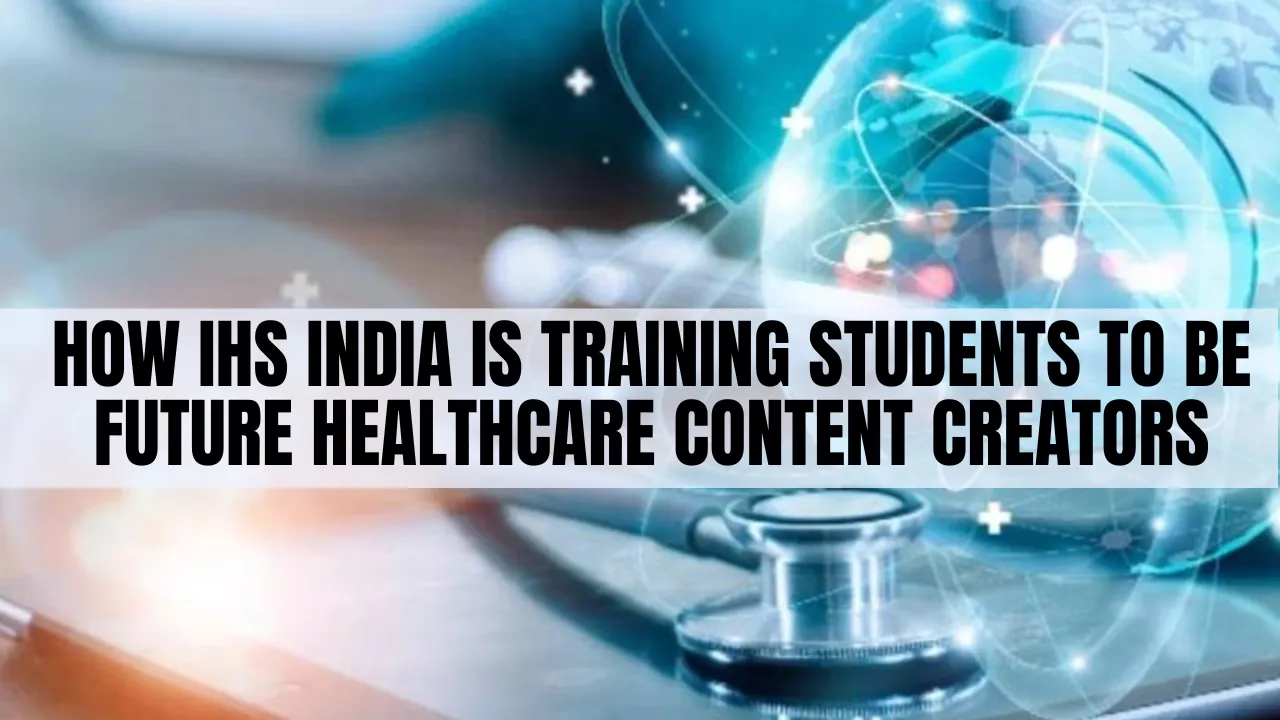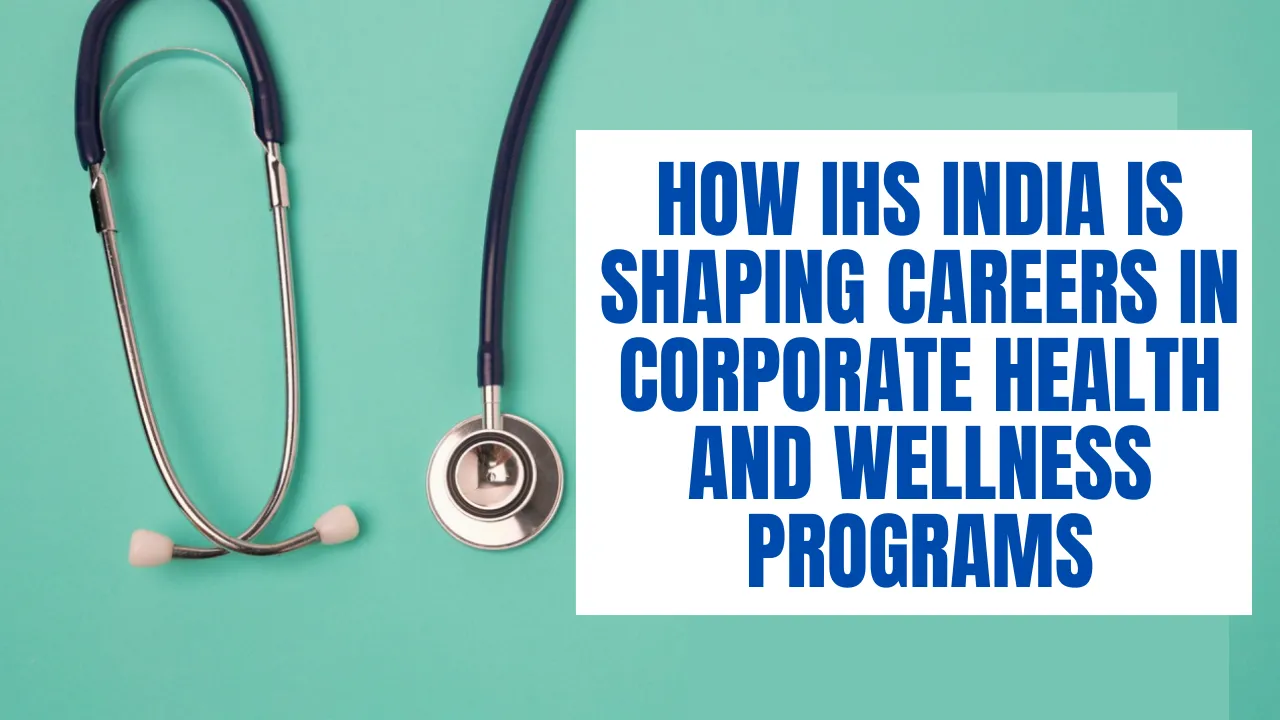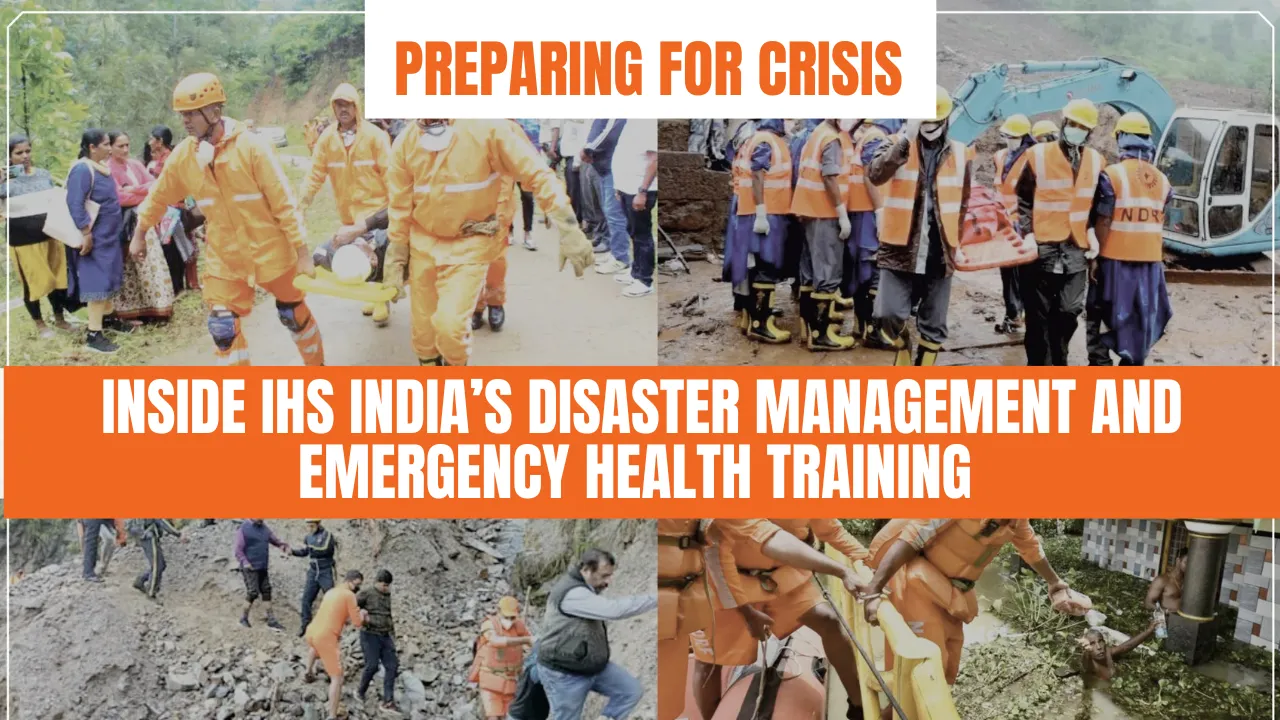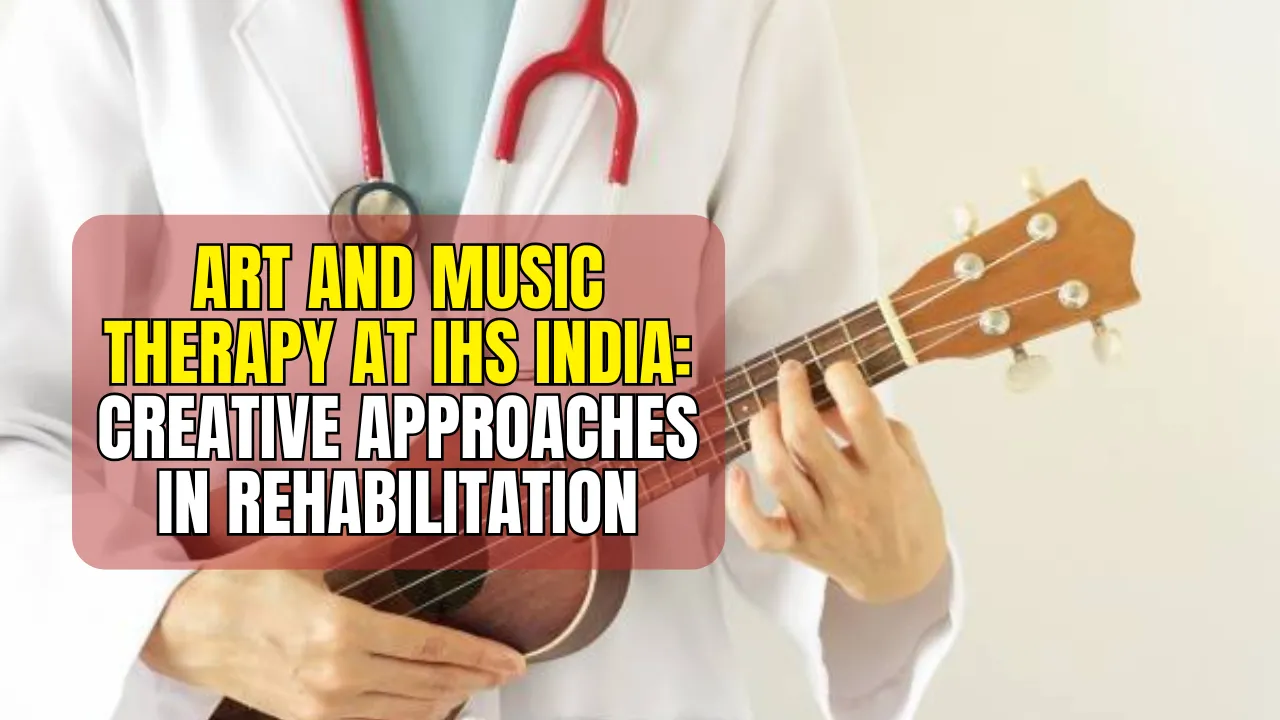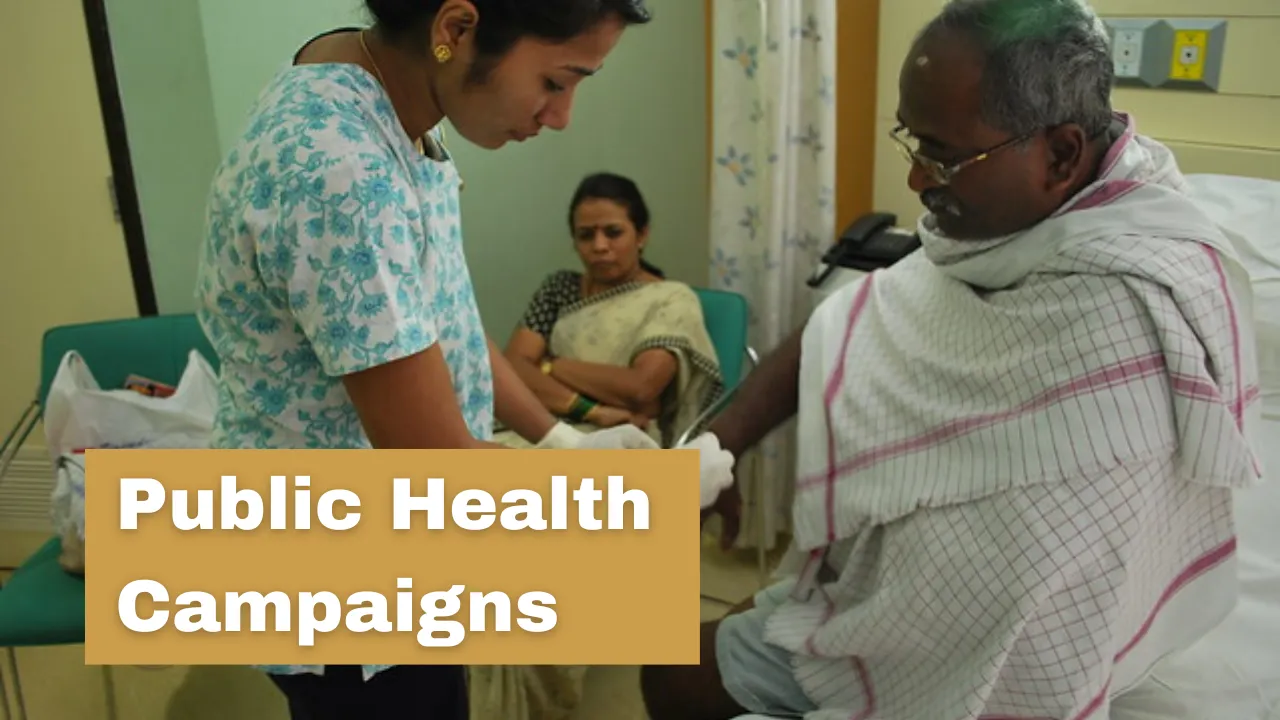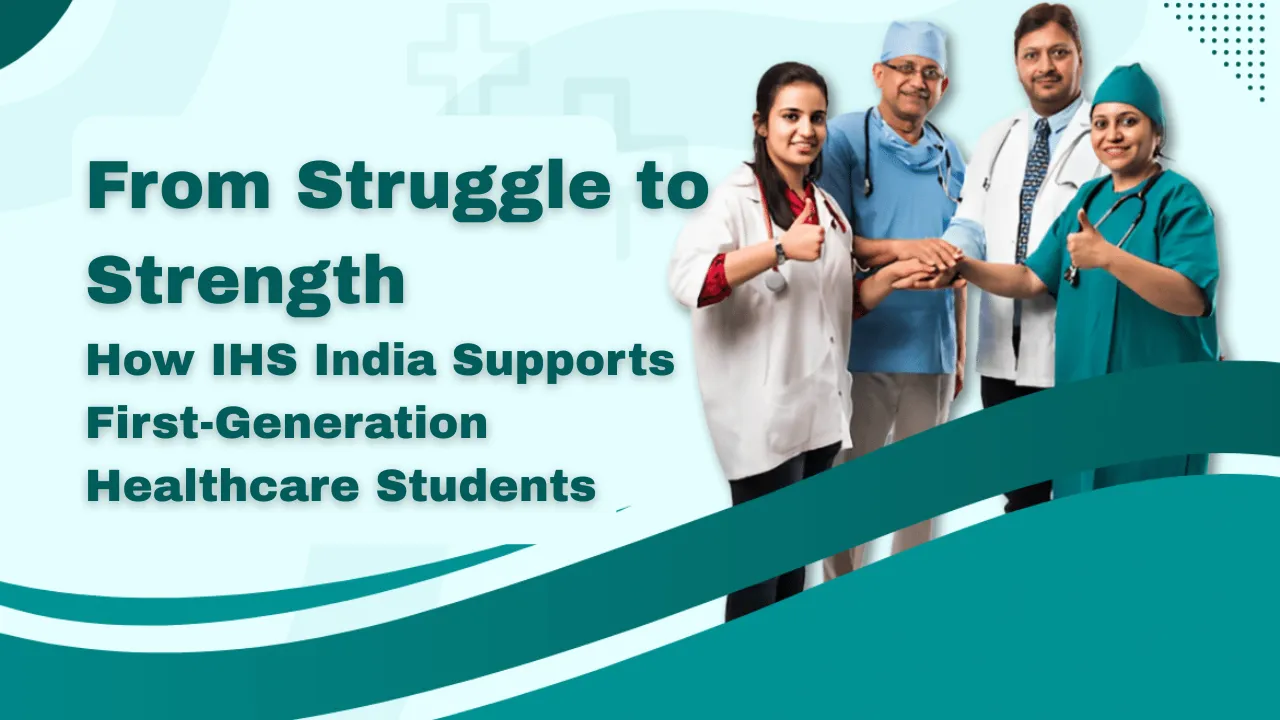Healthcare content creators are emerging as the new-age storytellers in the digital health ecosystem. In a world where online searches often replace doctor visits, accurate and engaging health information has become a necessity. Whether it’s explaining symptoms, preventive care, or breaking down medical terms, these content creators are shaping how people consume and understand healthcare. But not everyone with a phone and internet connection is equipped to share health information responsibly.
Recognizing this growing gap between information and informed communication, IHS India is taking a lead role in shaping the future of digital health communication. With a thoughtfully designed curriculum, the institute is helping students become not just content creators, but trusted health educators. This article takes you through how IHS India is building a new generation of media-savvy professionals equipped to navigate the complex world of digital healthcare education.
Empowering the Next Generation of Healthcare Content Creators
Healthcare content creators are not just digital influencers—they are educators, communicators, and often the first touchpoint for people seeking health advice online. IHS India’s training program is purpose-built to give students the tools, ethics, and creative freedom needed to share health information responsibly. Through workshops, practical assignments, and exposure to real-world campaigns, students learn how to convert complex health data into digestible stories. This ensures they are prepared to lead the future of health communication with empathy, clarity, and accuracy.
Overview of Training Program at IHS India
| Aspect | Details |
| Program Focus | Digital storytelling, health writing, video production, and social media |
| Core Skills Taught | Medical writing, visual design, SEO, podcasting, ethical communication |
| Tools and Platforms | Canva, YouTube, WordPress, Instagram, podcast editing apps |
| Industry Exposure | Guest lectures, collaborations with health orgs, live projects |
| Outcome | Skilled healthcare content creators ready for digital health careers |
The Rise of Healthcare Content Creation
The past decade has seen a shift in how health information is delivered. Traditional pamphlets and doctor-patient conversations are being replaced by blogs, videos, and social media threads. This change is driven by a growing digital-first audience that prefers bite-sized, visual, and relatable content over dense medical literature.
Healthcare content creators are responding to this need by translating expert health advice into everyday language. They use storytelling to explain symptoms, guide treatments, and share wellness tips. But without proper training, this can lead to misinformation. That’s why programs like the one at IHS India are so vital—they teach students how to build trust, remain factual, and adapt to changing digital trends while still focusing on user engagement and accuracy.
IHS India’s Vision for Digital Health Communication
IHS India understands that the future of healthcare lies not just in hospitals, but also online. With this understanding, the institution offers a curriculum that blends traditional health knowledge with modern media tools. From video editing to health-focused writing, students are trained in all aspects of digital communication.
One key element is the ethical responsibility of content creation. Students are taught the importance of research, sourcing information correctly, and avoiding sensationalism. They also learn how to use visual aids, infographics, and culturally relevant examples to make content more impactful. With the rise of telehealth and remote consultations, these digital communicators will play a crucial role in educating patients even before they speak to a doctor.
Key Curriculum Highlights
- Storytelling for Healthcare:
Students are trained to humanize health topics. They learn how to use patient journeys (with permission), narratives, and case-based examples to connect emotionally with the audience. This improves recall and trust. - Content Platforms and Tools:
Training includes hands-on sessions with platforms like YouTube, Instagram Reels, and WordPress. Students practice SEO strategies, keyword placement, and content repurposing—making sure each piece of content performs well across platforms.
Real-World Practice and Industry Exposure
At IHS India, learning extends beyond the classroom. Students work on live health awareness campaigns, create content for local clinics and NGOs, and develop strategies for increasing engagement online. These projects are guided by experienced mentors from both the healthcare and media industries.
Guest speakers from hospitals, digital marketing agencies, and top healthcare content creators share their journeys, giving students an inside look into the real challenges and opportunities of the field. This practical exposure builds confidence and helps students understand audience behavior, platform algorithms, and how to measure the success of their content.
Two Major Skills Students Learn:
- How to Make Medical Topics Simple and Engaging
- Translating medical terms into everyday language
- Using relatable examples and patient voices
- Applying visual storytelling to boost comprehension
- Translating medical terms into everyday language
- How to Grow a Digital Presence
- Optimizing content for social media platforms
- Using insights and data to improve content reach
- Building an authentic personal brand around health topics
- Optimizing content for social media platforms
Why This Training Matters
In a time when fake cures and unverified health advice are widespread online, professionally trained healthcare content creators are more necessary than ever. These trained voices can counter misinformation by sharing reliable, engaging, and fact-checked content. By combining creativity with scientific accuracy, students at IHS India are being prepared to become frontline educators in the digital health revolution.
They also become valuable assets to companies, hospitals, wellness startups, and even global health campaigns that need skilled communicators. Whether it’s working as a digital strategist for a telehealth brand or running their own health blog, the options are wide open.
The Impact So Far
Graduates from IHS India’s content program have already started to make their mark. Some are running their own YouTube channels that demystify mental health, women’s health, or nutrition topics. Others are working with startups, public health agencies, or even creating health podcasts for rural outreach.
What sets them apart is not just their knowledge of healthcare, but how they present it. They understand audience pain points and tailor content to address those directly. Their content stands out because it is authentic, relatable, and rooted in solid research—qualities that today’s digital health consumers value deeply.
FAQs
What exactly does a healthcare content creator do?
They create videos, blogs, infographics, and posts that explain health-related topics in a way that is easy to understand.
Is this a medical career or a media career?
It’s a unique blend of both. You don’t need to be a doctor, but you do need training in health topics and communication methods.
Can students earn from this career?
Yes, many go on to freelance, start YouTube channels, work with brands, or join digital health startups.
What tools do IHS India students learn to use?
They learn content creation tools like Canva, podcast software, video editing apps, and platforms like Instagram and YouTube.
How long is the training program at IHS India?
The duration varies, but most students gain practical experience within 6 to 12 months through projects and internships.
Final Thought
IHS India is not just teaching content creation; it’s creating a movement toward better, smarter health communication. In a world overwhelmed with online advice, trained healthcare content creators have the power to guide, support, and educate in a way that truly changes lives. If you’re someone who believes in the power of digital storytelling and wants to make a difference in healthcare, this is your calling. Explore more, ask questions, and be part of the future of healthcare communication.
